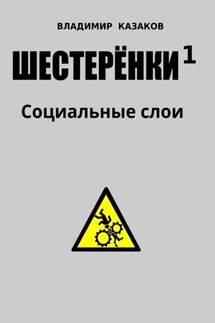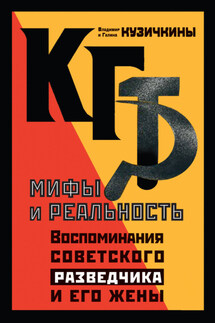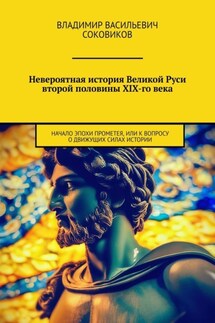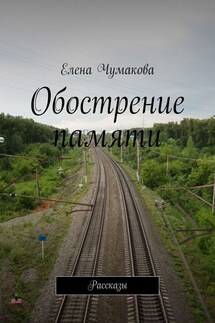Russia 2022 - страница 7
Origin of goods
Goods are considered to originate in a country where they were wholly produced or largely processed. Documentary evidence, in the form of a certificate of origin, is normally required. The certificate must clearly state that goods originate in a particular country and the certificate must contain a written statement of the sender of the goods that they comply with a relevant criteria of origin. The statement must be witnessed by the state authorities of the sender’s country.
As a result of “counter-sanctions” after 2014 sanctions from EU/EEA and other countries, some products originating in the EU/EEA and/or some other countries which imposed sanctions on Russia are either only available to be imported in moderate amounts for personal use only or completely banned. This applies mostly to foods and delicacies (e.g. meat, dairy, fruits, vegetables, etc.), but the list is subject to change. So-called “counter-sanctions” were originally imposed in 2014 by an order of the President, and originally were to expire on August 6, 2015, but the order has been renewed annually ever since.
Customs payments
Customs payments include customs duty, VAT, excise, and a fee for the registration of goods.
Customs duty is usually charged as an ad valorem duty. An obligation to pay the duty arises the moment goods cross the customs border.
The principle method of the valuation of goods is the transaction method, based on the price actually paid for the goods. Once this method cannot be applied, in particular when there is no documentary evidence, or the information provided does not appear to be true, or when buyers acquire limited rights over goods or their rights depend on unpredictable circumstances, or when a transaction takes place between connected persons, customs officers can use other methods of valuation, for example those based on the price with identical or analogous goods, prices on internal market for similar products or even methods based on assumed production costs and delivery expenses and others. However, such valuation, as well as classification of goods to some extent, may be challenged in commercial courts.
Due to the CoViD-19 pandemic, reduced customs duty rates are currently applied to products of critical import and medical products that help fight the coronavirus (thode include some foods like potatos or rice and products of medical use like thermometers, endoscopes and some medicines). However, those reduced rates and reliefs expire on March 31, 2021.
Imported goods, generally, are subject to VAT. There are some exceptions; certain medical equipment is an example. Imported technological equipment contributed into a charter capital of a Russian company is also exempt of VAT. The VAT rate is 20 per cent; for some goods such as some items for children, certain medicines and food the VAT rate is 10 per cent.
A fee for the registration of goods depends on their customs valuation and is relatively small. From August 1, 2020, mininum fee for the registration of goods is RUR 775 (EUR 8.46) and the maximum fee is RUR 30,000 (EUR 327.42).
Some goods such as products of medical use, alcohol or oil are subject to excise. The excise rates are determined by the relevant legal acts.
Anti-dumping duties
Anti-dumping measures are taken when goods are imported into Russia at a price below that at which they are normally sold in their country of origin. A decision on the imposition of anti-dumping duties follows a special anti-dumping investigation and is made by the Government of the Russian Federation. Anti-dumping duties are most applicable towards machinery, machinery detais and some foods. Rates of anti-dumping duties are set by EAEU commission. For example, on February 25, 2021, expires an anti-dumping duty on steel pipes from Ukraine, and on August 18 expires an anti-dumping duty on truck tyres imported from PRC.



![Bo][ing Day истребить «колхозника»](/uploads/covers/fe/bo-ing-day-istrebit-kolhoznika.jpg)



